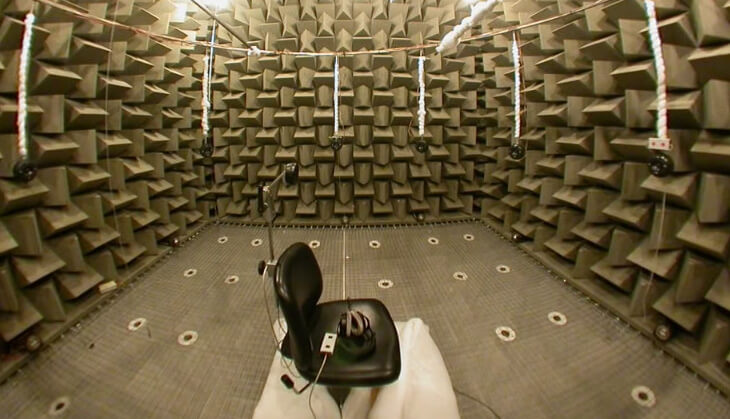What Happens to Us after 30 Minutes of Silence and Solitude?


Written and verified by the psychologist Valeria Sabater
We need moments of solitude, silence, and disconnection to keep us motivated and authentic. It’s like pressing reset. It makes each piece of our life make more sense and fit together better.
It gives us mental clarity to better understand people and define priorities and personal goals.
Miles Davis, the famous jazz trumpeter and composer, had this advice to give young musicians who wanted to get to his level of mastery and originality. If there was no silence, music would not be what it is. It was advice they would never forget.
“The value of a man is measured by the amount of solitude he can bear.”
-Friedrich Nietzsche-
Davis told them that life, like a musical score, finds rhythm by combining moments of activity with moments of solitude, silence, and reflection. Only then can we find the inspiration and melody inside us. A melody that we wouldn’t otherwise hear.
It is undoubtedly wise advice. However, as logical as it may seem, we don’t always put it into practice effectively. In our modern world, isolation abounds but, paradoxically, moments of solitude (true and healthy) are few and far between.
We’re talking about the hyperactivity, hyper-productivity, and hyper-stimulation we live in today. We spend the day working, connected to technology, doing tasks, fulfilling objectives, satisfying others, involved in the noise of our surroundings.
This incessant rumble and activity don’t always merit the worry they generate or the time they rob us of.
If we add to this that sometimes our relationships bring us more loneliness than happiness, we can understand why each year the rates of depression and similar illnesses grow…

Moments of solitude that are good for our brains
We must, first of all, mention an important fact: solitude is good for us and restores our physical and psychological health.
However, this is only true when these moments of solitude and isolation go along with subsequent connection to the world. Its sounds, rhythm, colors, sensory delights, and significant social relationships.
Because human beings are not made to live in complete and permanent isolation. A striking example of this is the anechoic chamber of the Orfield Laboratories in Minneapolis.
In this space, different organizations study the sound of their products: telephones, motorcycles, washing machines. It’s an ultra-quiet room where 99.99% of noise is absorbed by the steel and fiberglass walls. Psychological experiments also happen here.
On average, no one has managed to be in the anechoic chamber for more than half an hour. People often emerge desperate and panicked because they can’t take silence so empty and suffocating.
The stillness is so extreme that people often hear the sounds of their own heart beating or blood circulating. Our brains aren’t prepared for this. It goes against our nature, our genetic programming.
In the end, we are social beings that need connection with our environment. When our environment lacks any stimulus, we panic.
While total isolation may have negative effects, occasional and controlled solitude has many benefits. Scientists tell us that moments of solitude distributed throughout the day are like “electric shocks”, able to restart us and help restore our energy, meaning, and inspiration.

Schedule times of solitude to see health benefits
We live in a society that loves independence, but nevertheless obeys and intensifies cultural norms of hyper-activity. New technologies make it easier for us to be more connected to each other than ever.
Our cities are increasingly overpopulated. We are in artificial light more and more often. We exercise less because there are many things we can do conveniently.
Doctors, neurologists, and psychologists tell us our brains are wired very differently now than they were 100 years ago. We receive so much stimuli throughout the day and from so many sources we’re forced to manage this sensory chaos.
What we need is to calm down. We need silence and solitude from time to time so we can integrate the flood of information. So we can find meaning in our lives.

However, some people don’t understand why solitude is good or are even afraid of it. Being alone with your thoughts can be just as terrifying as being in the anechoic chamber of the Orfield laboratories for a half hour.
Just like how we hear the sounds of our own body in that chamber, moments of solitude can bring out the emptiness of our own being.
Even in a more comfortable place, solitude makes us aware of our fears, anguish, and the knot of our worries.
Let’s be brave. Let’s schedule a couple moments of solitude every day where we can have a coffee with ourselves and clear our minds. Where we let the tides of worry recede and see what really needs to be done. Let’s make solitude a deliberate form of self-care.
This text is provided for informational purposes only and does not replace consultation with a professional. If in doubt, consult your specialist.








